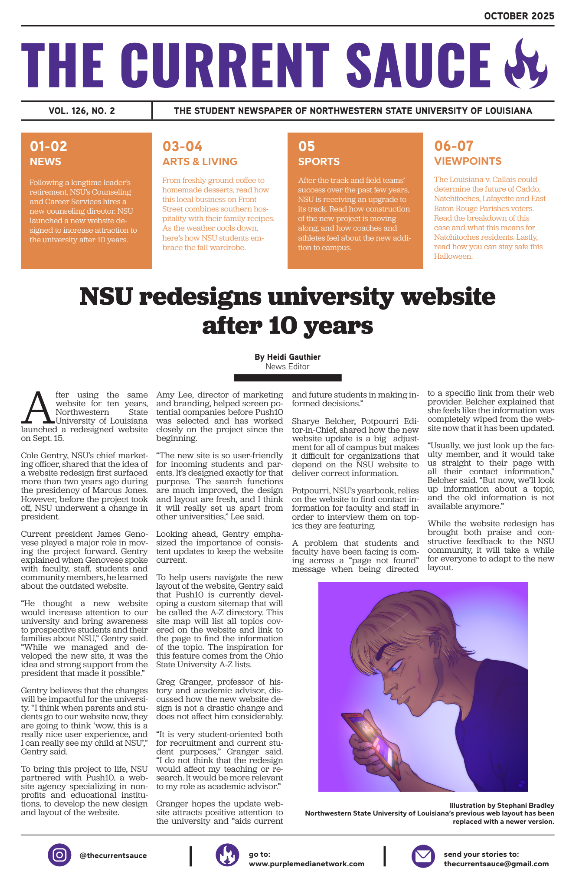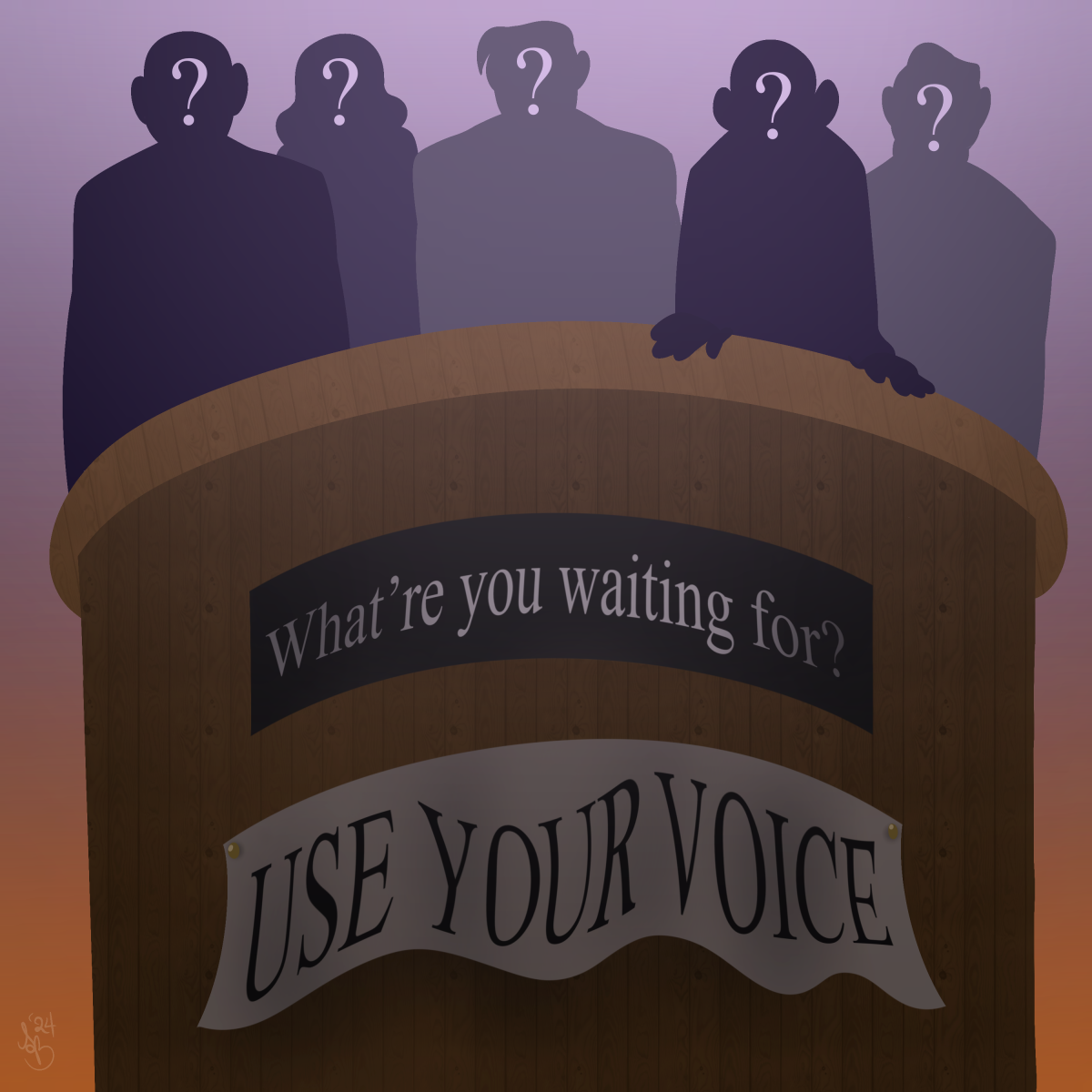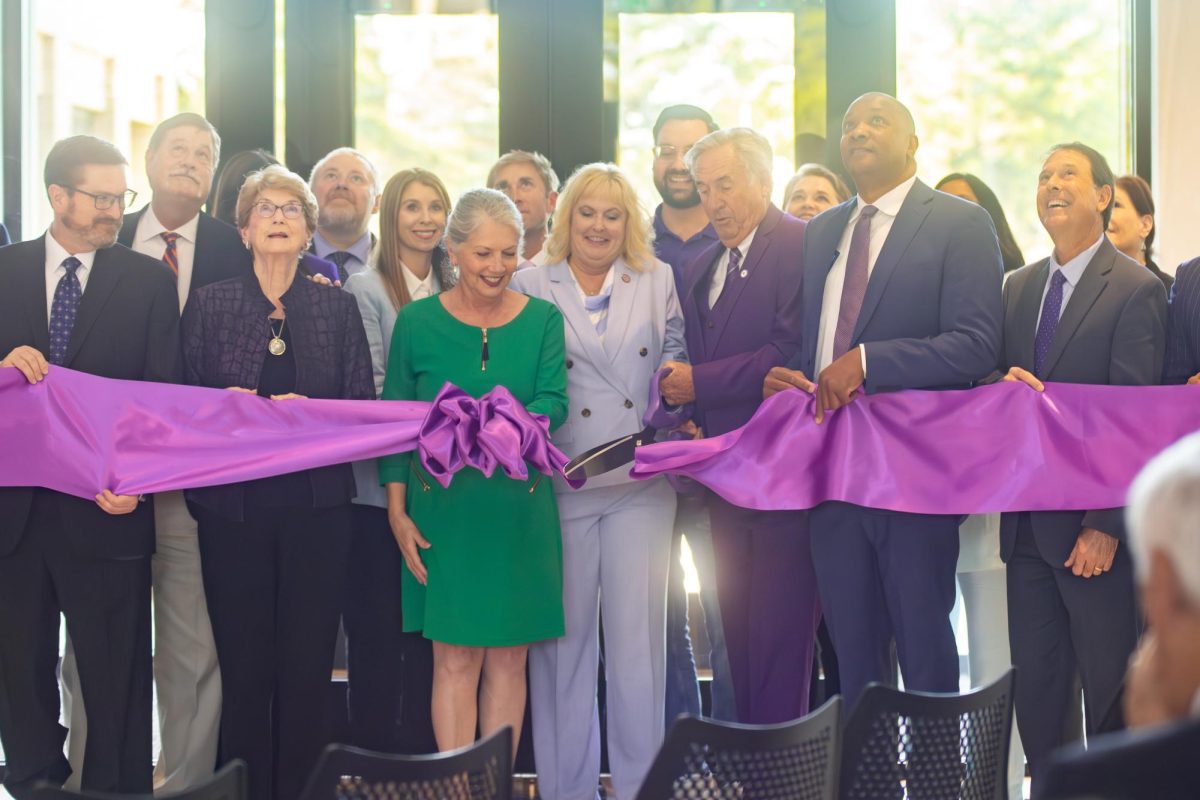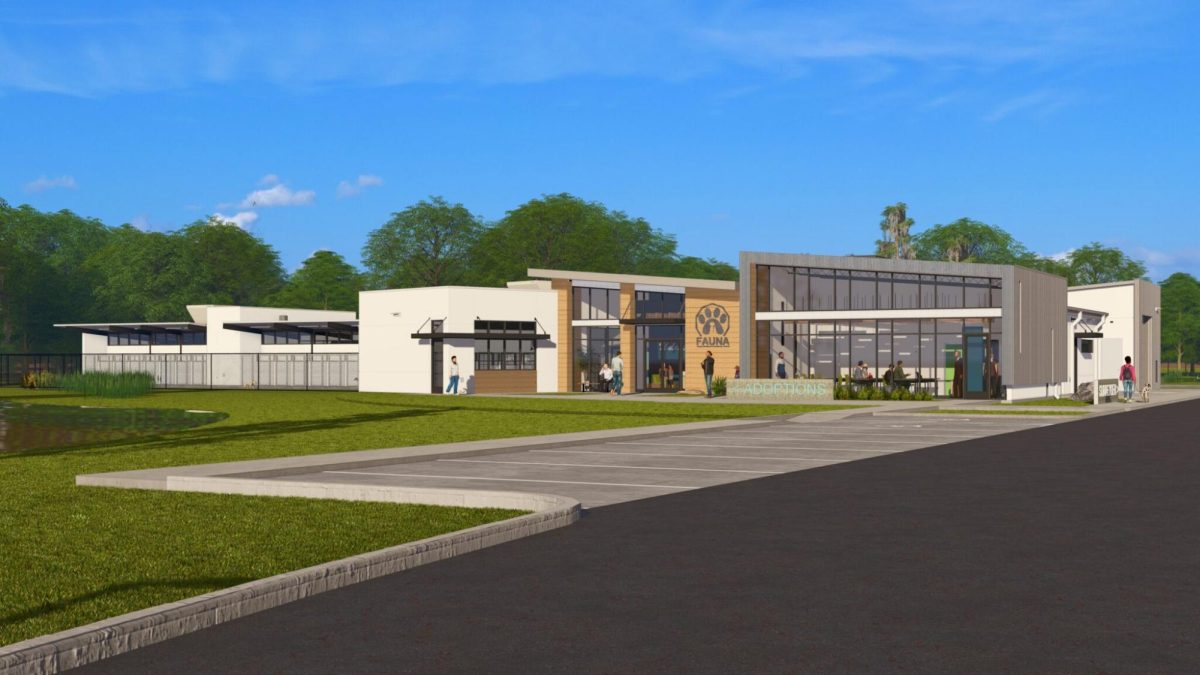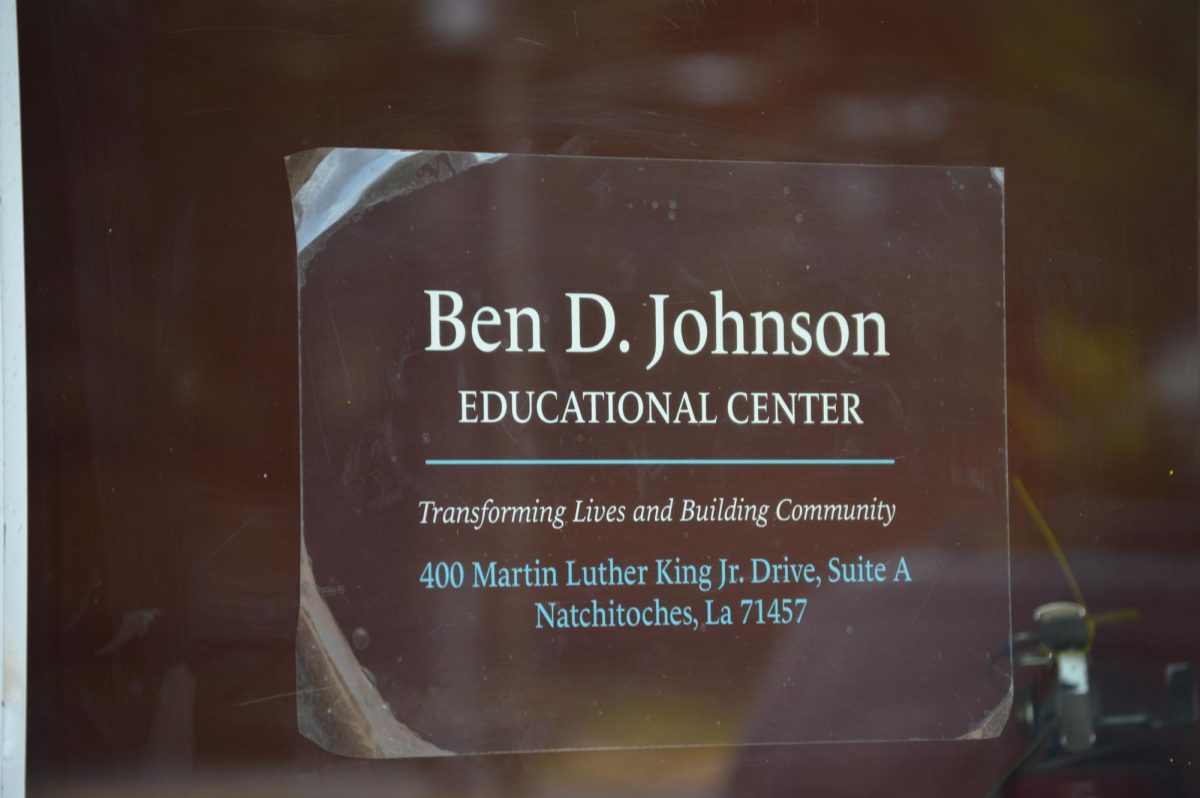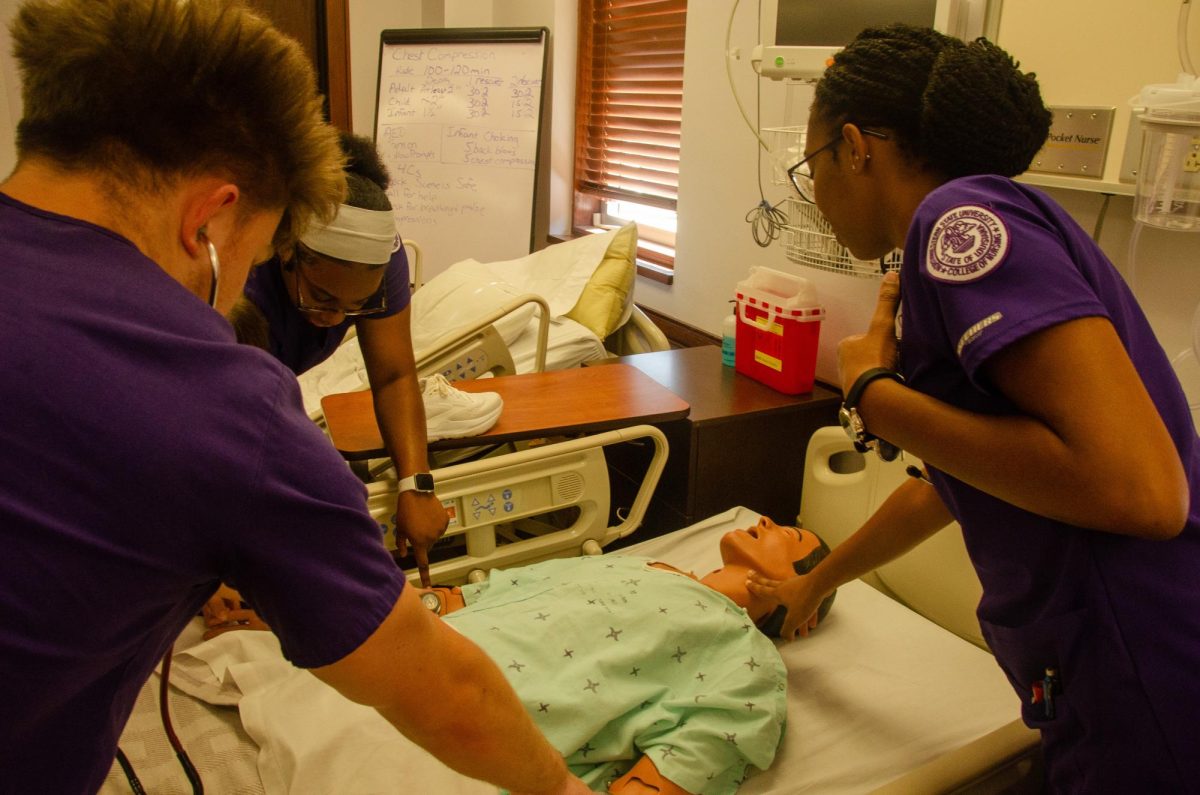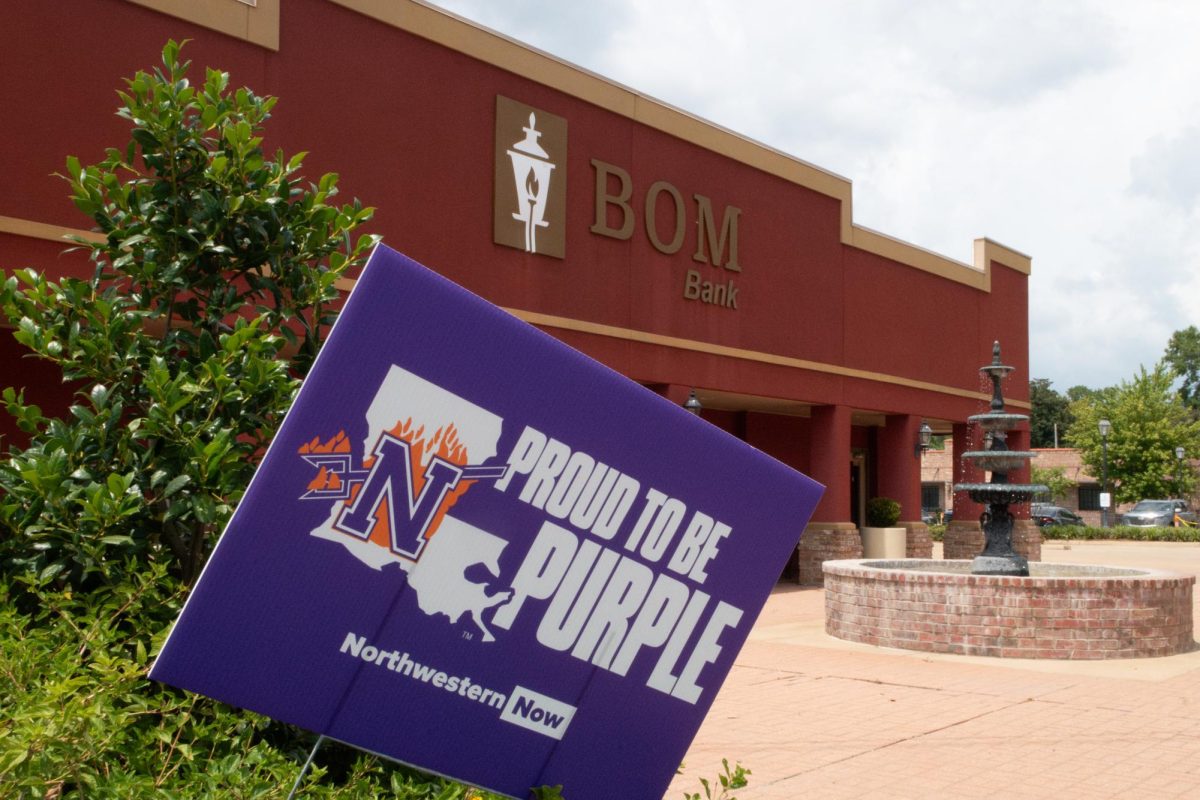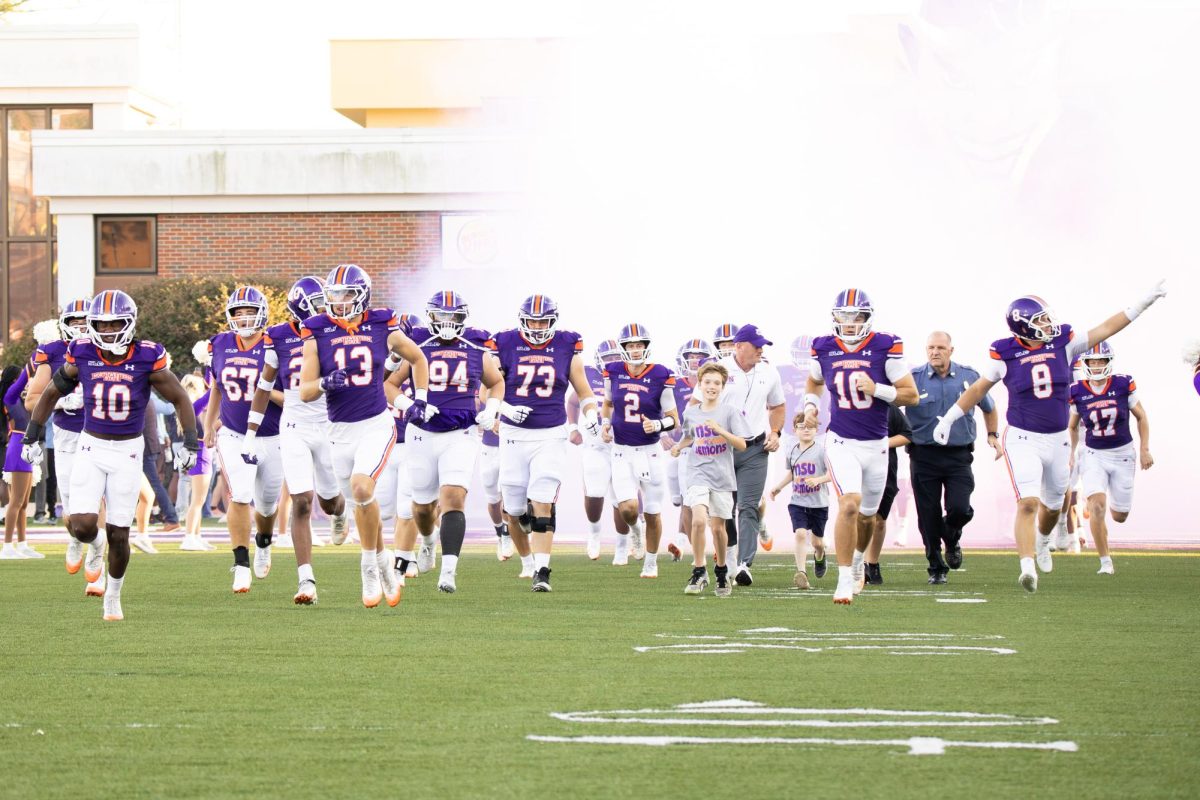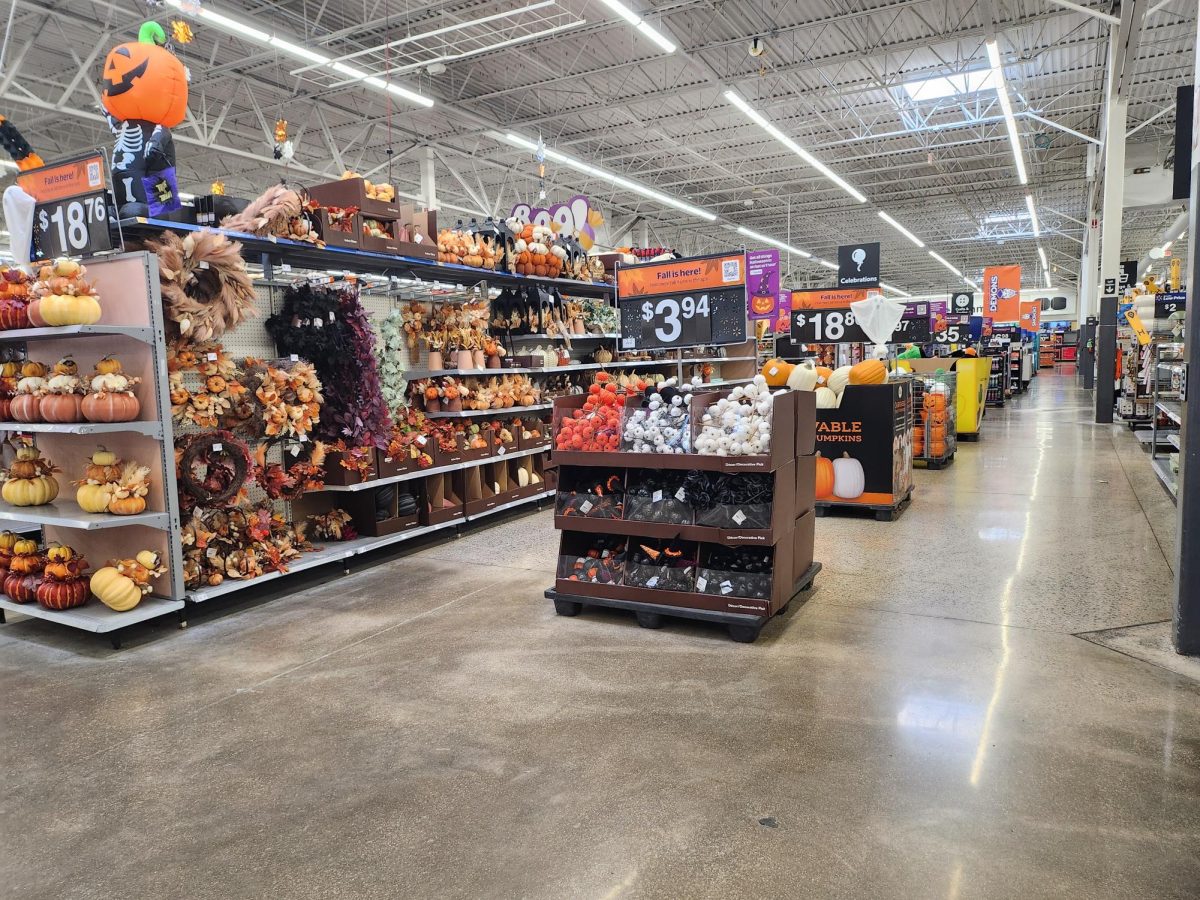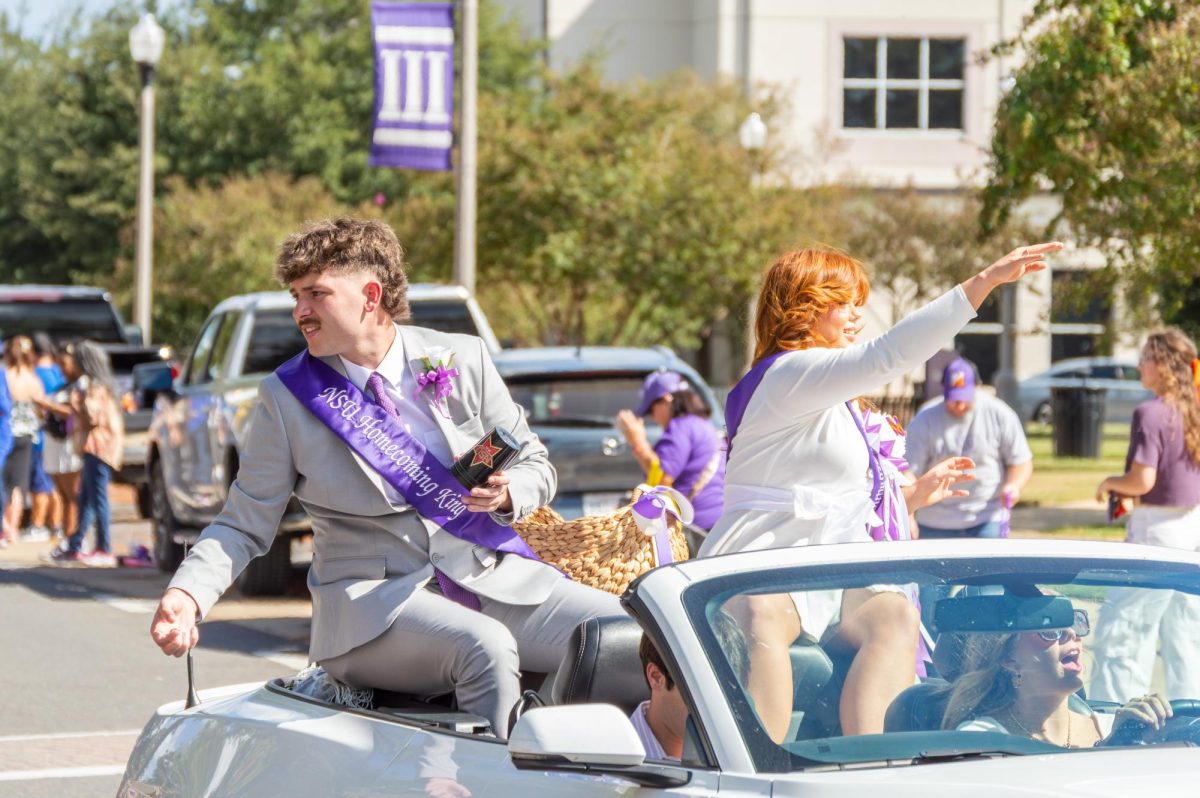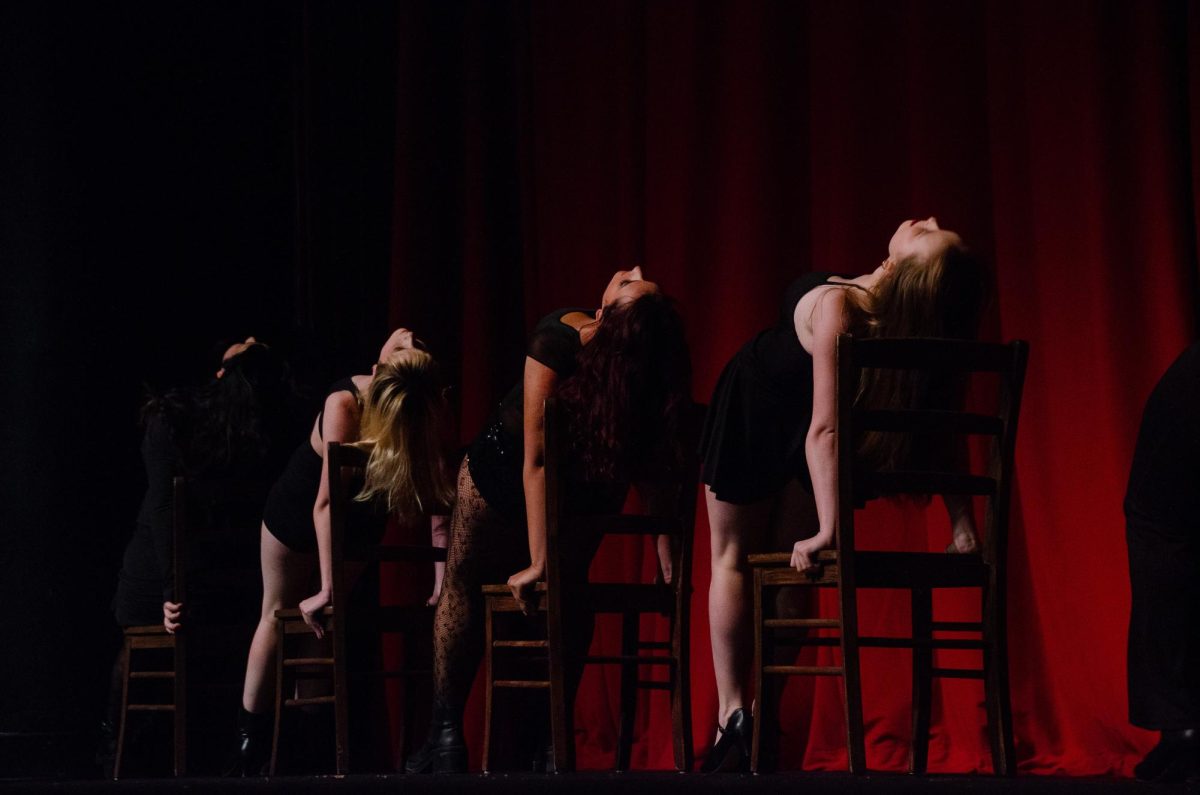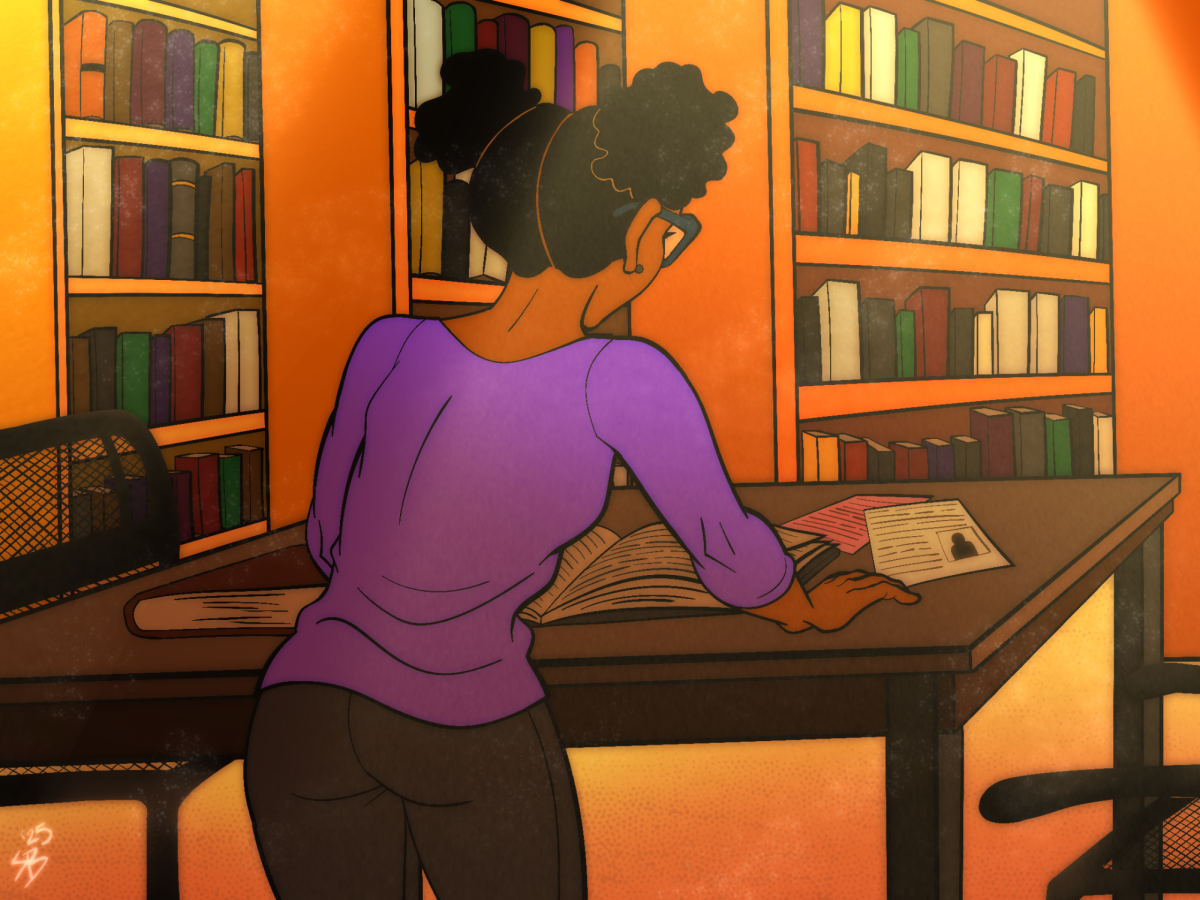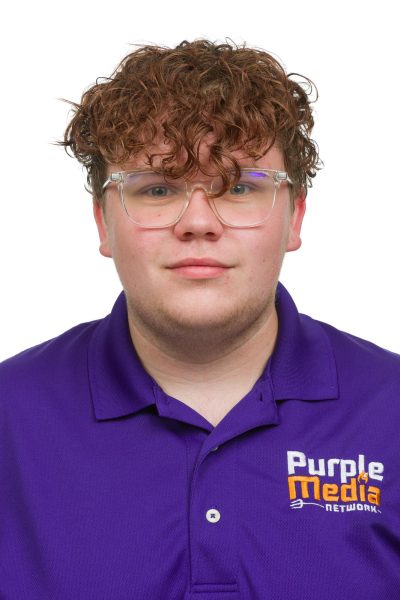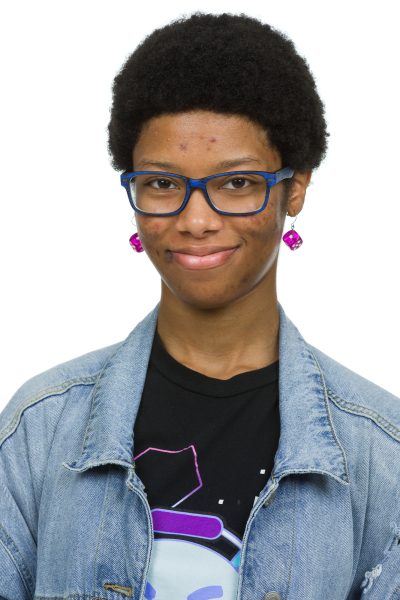As the 2024 election approaches, some students at Northwestern State University of Louisiana are preparing for their first time voting in a presidential election.
Polling for the election will take place Nov. 5, 2024. There, voters will choose between candidates from the Republican party, Democratic party and third parties.
The Republican presidential primary has been narrowed to a single candidate following the votes of Super Tuesday. During this day, several states hold primary elections, according to Britannica.com. Donald Trump, 45th president of the U.S., became the apparent nominee after Nikki Haley, former United Nations ambassador, exited the race. Trump then secured the delegates needed and officially became the Republican Party nominee for the 2024 presidential election, according to an article by NBC News.
According to an article by CBS news, Trump’s campaign includes the plans of extending tax cuts enacted in 2017, a large domestic deportation operation, adding a tariff to all non-domestic goods sold in the U.S. government and insurance companies covering the costs of in vitro fertilization treatments.
On the Democratic side, President Joe Biden dropped out of the race in July 2024 after his performance during the first presidential debate with Trump raised concerns of his ability to seek reelection, an article by the Associated Press reported.
Biden then endorsed Vice President Kamala Harris to be the next Democratic nominee. During the Democratic National Convention in August, Harris officially accepted the nomination to be the Democratic party’s candidate.
Building off the Biden administration’s platform, Harris focuses on economic justice, healthcare and worker protections, according to an article by CBS News. Her campaign includes the topics of economic relief, tax deductions, environment policies and foreign policies.
Trump and Harris debated one another for the first time on Tuesday, Sept. 10 in Philadelphia. During the 90-minute debate, hosted by ABC News, Trump and Harris discussed abortion, immigration, the economy, foreign policy and other issues meaningful to voters.
David Muir, one of the ABC News anchors who co-hosted the debate, asked the first question of the debate directly to Harris.
“Vice President Harris — you and President Trump were elected four years ago, and your opponent on the stage here tonight often asks his supporters, ‘are you better off than you were four years ago? When it comes to the economy, do you believe Americans are better off than they were four years ago’” Muir said.
This question led Harris to lean into her plan for an opportunity economy. She explained her stance on economic issues in the U.S.
“I was raised as a middle-class kid, and I am actually the only person on this stage who has a plan that is about lifting up the middle class and working people of America,” Harris said.
Harris referenced families with young parents struggling to raise children in the current housing shortage the U.S. is experiencing.
“I intend on extending a tax cut for those families of $6,000, which is the largest child tax credit that we have given in a long time, so that those young families can afford to buy a crib, buy a car seat, buy clothes for their children,” Harris said.
Beyond her plans for tax deductions to young families, Harris explained other aspects of her tax deductions plans.
“My passion, one of them, is small businesses. My plan is to give a $50,000 tax deduction to start-up small businesses, knowing they are the backbone of America’s economy,” Harris said.
After she reviewed her plans for economic relief, Harris disagreed with Trump about his plans on tax deductions.
“My opponent’s plan is to do what he has done before, which is to provide a tax cut for billionaires and big corporations, which will result in $5 trillion to America’s deficit. My opponent has a plan that I call the Trump sales tax which would be a 20% tax on everyday goods that you rely on to get through the month,” Harris said.
Trump replied to Harris’ statement about his plans to add taxes which contribute to big corporations.
“First of all, I have no sales tax. That’s an incorrect statement. She knows that. We’re doing tariffs on other countries. Other countries are going to, finally, after 75 years, pay us back for all that we’ve done for the world. And the tariff will be substantial in some cases,” Trump said.
Trump views the increase of inflation over the years as a direct consequence of the Biden administration’s economic policies, particularly large-scale government spending. He has emphasized the need for supply-side policies like deregulation and lower taxes to combat inflation.
“We have inflation like very few people have ever seen before. Probably the worst in our nation’s history. We were at 21%, but that’s being generous because many things are 50%, 60%, 70% and 80% higher than they were just a few years ago. This has been a disaster for people, for the middle class, but for every class,” Trump said.
As the debate went on, the candidates went further into their plans for abortion rights. Both Trump and Harris have highlighted the Supreme Court’s reversal of Roe v. Wade in June 2022.
“I absolutely support reinstating the protections of Roe v. Wade. And as you rightly mentioned, nowhere in America is a woman carrying a pregnancy to term and asking for an abortion,” Harris said.
During the debate, Trump declined twice to say whether he would veto a federal abortion ban if Congress passed one.
“Well, I won’t have to,” Trump replied.
Trump said that there is no reason to sign such a ban; he argued that everybody is happy with the termination of Roe v. Wade. Trump added that the states should determine the decisions of reproductive rights.
Aside from the primary party candidates, the third party has two leading candidates for the 2024 presidential election.
Cornel West, progressive activist and author, is running as an independent. He initially announced his candidacy in June 2023 as a member of the People’s Party but decided to run for the Green Party nomination nine days later.
West’s campaign focuses on health care, housing, quality education and peace for all. According to their website, the People’s Party’s plans include creating a true democracy, revitalizing our economy, Medicare for all, ending the wars, expanding civil liberties and protecting the environment.
Jill Stein, physician and environmental activist, is running as a candidate for the Green party. Stein was the Green party nominee back in 2012 and 2016, and, before launching her own campaign in the 2024 presidential election, she worked as a transition coordinator on West’s campaign. She departed when West decided to run as an independent and announced her own candidacy.
Stein launched her campaign with a video where she criticized both the Republican and Democratic party and added that the two-party political system is broken.
“The political system is broken. Over 60% of us now say the two-party establishment has failed us and we need a party that serves the people,” Stein said. “I’m running for president to offer a better choice for the people.”
Stein’s campaign focuses on a Green New Deal platform, prioritizing the environment and social justice. Her campaign is also built on the topic of people’s economy, housing, labor, healthcare for all and other issues.
For NSU students, the election is a time to educate themselves and do their own research on the candidates.
Abbygail Casnave, sophomore social work and music business major, shared how educated she feels about the election.
“I’m not really into politics, but I feel like students should do their research before they decide who they want to vote for,” Casnave said.
Casnave watched the presidential debate and has followed recent information regarding the candidates. She said many important details about a candidate’s plan can hide among the chaos of an election.
“If you do your research, you’re going to find all the stuff people don’t talk about but need to know,” Casnave said.
Sanethia Starks, senior hospitality management and tourism major, agreed with Casnave that it is important for people to do their research, especially for first-time voters.
“I feel like students should know about the candidates because for me this is the first year that I can legally vote, and this is an important time to get all the information I can so I can see who I’m voting for,” Starks said.
Starks acknowledged that her vote has an impact.
“My vote does matter,” Starks said. “It does change everything and I feel like more people should be more educated on it so they can be more entitled to vote.”
Francis Cielakta, a junior nursing major, also stressed the importance of individual research.
“I feel like I know the two main parties but you have to actually dive into it and do your own research instead of just going off what the press says because there is a lot of misinformation out there,” Cielatka said.
With less than a month left until Election Day, NSU students urge others to stay informed and educated as they cast their vote.

